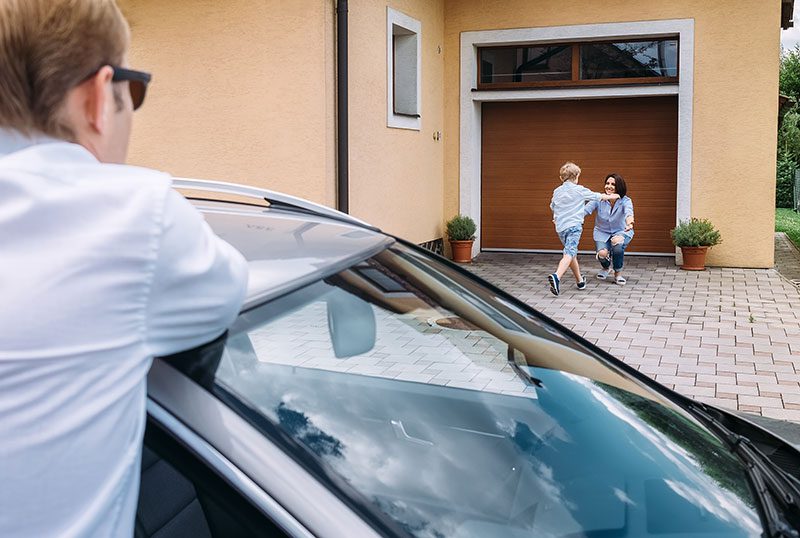14 Dec Preparing For Child Custody Divorce Mediation Sessions
The resolution of child custody is usually the most nerve-wracking phase of Divorce Mediation. You should remember that no matter the outcome, you and your soon-to-be ex-spouse’s agreement on child custody should revolve entirely around your child’s best interests. There are some steps you can take to prepare for child custody Divorce Mediation sessions.

Draft A Timeline for You and Your Spouse’s Relationship
You and your spouse should individually create your own timeline of when you met, when your relationship became more serious (such as when you moved in together, if you got a pet together, etc.), when you married, any times the two of you separated (if applicable), whether or not the two of you required relationship counseling, etc. Your Divorce Mediator may ask you these types of questions, so it’s good to be prepared. Although these questions aren’t entirely pertinent to your custody plan, your relationship timeline will give you and your spouse an understanding about how you both remember your relationship.
Draft A “Parenting Timeline”
This is particular for married parents who have chosen to live separately and take child custody into their own hands prior to Divorce Mediation. Prepare a timeline which addresses these points: what was the custody timeshare was like during the six months after your separation; during the next six months (and so on); whether there were significant changes in your pre-divorce custody plan at any time; and what the current parenting plan is. This timeline may help bring to the surface any concerns that need to be addressed before creating a binding custody agreement.
Draft A “Parenting Timeline”
This is particular for married parents who have chosen to live separately and take child custody into their own hands prior to Divorce Mediation. Prepare a timeline which addresses these points: what was the custody timeshare was like during the six months after your separation; during the next six months (and so on); whether there were significant changes in your pre-divorce custody plan at any time; and what the current parenting plan is. This timeline may help bring to the surface any concerns that need to be addressed before creating a binding custody agreement.
Answer Some Personal Questions
Remember, no matter what your parenting agreement is, it should first and foremost take your child’s best interest into account. Prepare answers to this list of questions:
- Does your child’s parent have grandparents on both you and your spouse’s side? If so, where do they live and how much are they a part of your child’s life?
- Do you have siblings that live close and are a part of your child’s life?
- What is your educational history and how is your career going?
- What is your current living situation like or what will it be like post-divorce. Do you or will you have other household members?
- Do you have any drug or alcohol problems or have you in the past?
Prepare Some Samples Of Parenting Plans
Propose a few parenting plans you believe will be in the best interests for your child. These may be viable solutions, or inspire additional viable solutions for your parenting plan. Even if some of the parenting plans don’t fully meet your wants, remember that they are written with your child’s best interest in mind. This may help you accept the fact that there needs to be some compromise when it comes to the matter of child custody.
List Your Concerns
Your mediator may ask you to state your concerns regarding your soon-to-be ex-spouse’s ability to parent your child. It’s beneficial to have a list prepared for such an occasion. For example, your spouse may have a problem with alcohol. This needs to be addressed if mediation is to be successful.
List Why You Believe Your Home Is Best For Your Child
Prepare a list that will guide you in explaining why you believe your home is best fit for your child. Will your child have their own space in your home – one that is still theirs even when they are with the other parent? Are others living in your home and is how is your child acquainted with them? These questions will help both you and your soon-to-be ex-spouse as well as the mediator understand how your child will be integrated into your new home as well as their other parents’.

